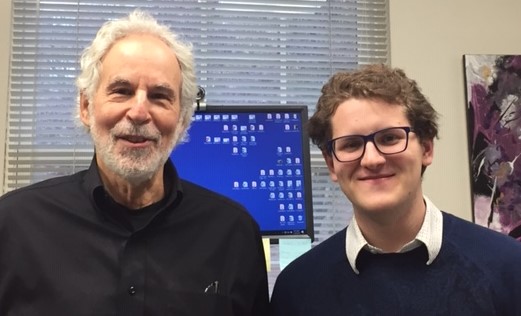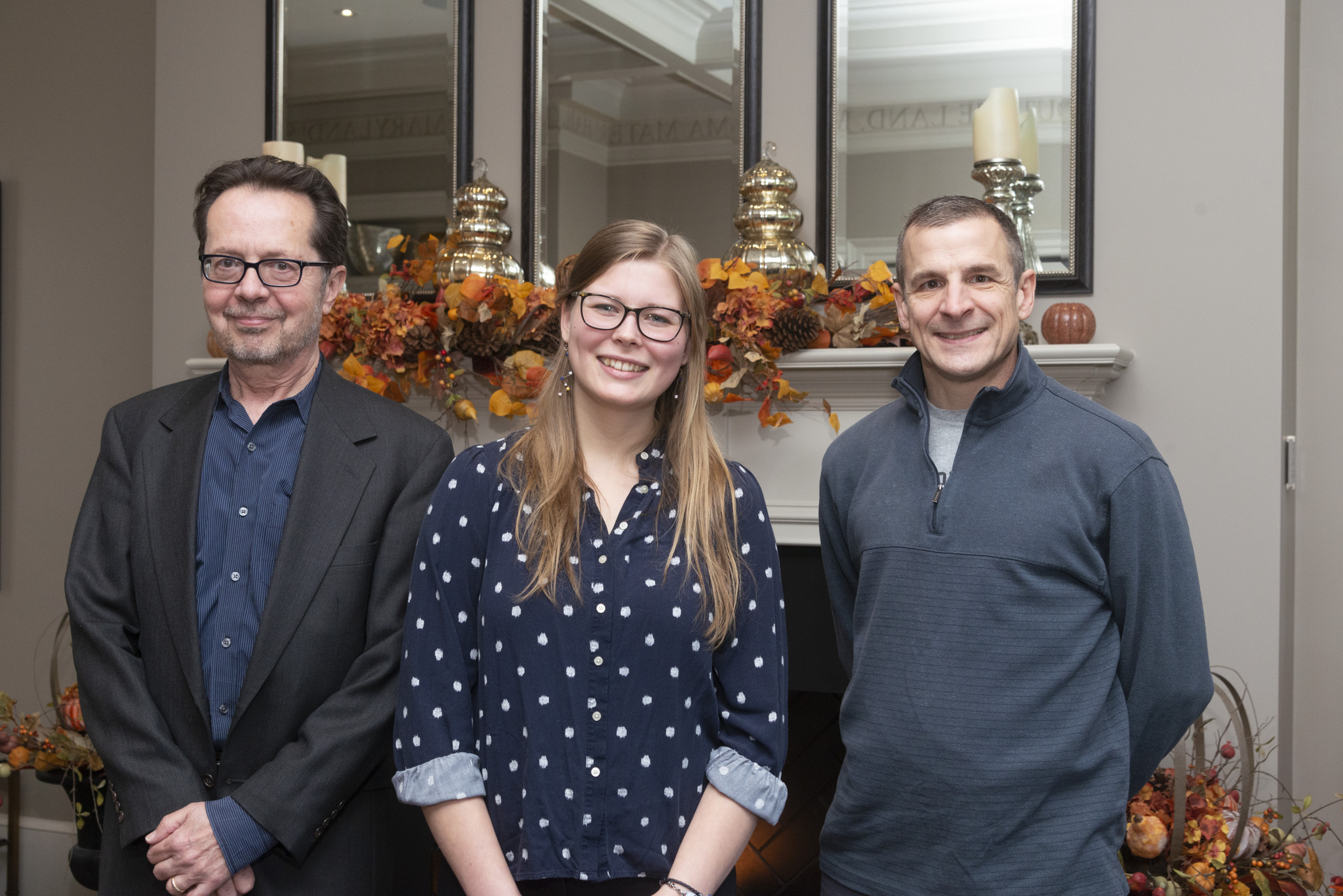- Home
- About Us
- People
-
Research
-
Research Areas
- AI and Physical Sciences
- Astro Metrology
- Atomic, Molecular & Optical
- Biophysics
- Chemical Physics
- Condensed Matter Experiment
- Condensed Matter Theory
- Cosmic Ray Physics
- Elementary Particles
- Gravitation Experiment
- Gravitational Theory
- High Energy Physics
- Nonlinear Dynamics, Chaos and Complex Systems
- Nuclear Physics
- Particle Astrophysics
- Physics Education Research
- Plasma Physics
- Plasma Theory
- Quantum Science and Technology
- Quarks, Hadrons and Nuclei
- Space Physics
- Centers & Institutes
-
Research Areas
- Academics
-
Events
- Calendar
- Physics Colloquia
- Event Submission
- W.J. Carr Lecture
- Research Interaction Team (RIT) Math/Physics
- Mechanick Quantum Biology Lecture
- Irving and Renee Milchberg Endowed Lectureship
- Charles W. Misner Endowed Lectureship in Gravitational Physics
- John S. Toll Endowed Lecture
- Prange Prize Lecture
- Maryland Day
- Outreach
- Summer Programs
- CUWiP
- Vortex Makerspace
- QURiSE Conference
-
Services
- Give
Two Physics Students Named Merrill Presidential Scholars
Two physics students and their mentors were honored recently by the Merrill Presidential Scholars.program. Astronomy and physics double-degree student Jillian Kunze honored teacher Donald Walz from Governor Thomas Johnson High School in Frederick, Maryland, and Professor Christopher Lobb.
 Rick Greene and Nick Poniatowski.“Professor Christopher Lobb has taught me more about quantum physics than I ever imagined I could comprehend, but he also showed me how important it is to be engaging and personable when it comes to science communication,” Kunze said. “[His] compassion and sense of the world has taught me what makes a good scientist a good person.” Lobb was also named a faculty mentor by a 2012-13 Merrill Scholar.
Rick Greene and Nick Poniatowski.“Professor Christopher Lobb has taught me more about quantum physics than I ever imagined I could comprehend, but he also showed me how important it is to be engaging and personable when it comes to science communication,” Kunze said. “[His] compassion and sense of the world has taught me what makes a good scientist a good person.” Lobb was also named a faculty mentor by a 2012-13 Merrill Scholar.
Nicholas Poniatowski honored high school teacher Robert Nelson from Chantilly High School in Chantilly, Virginia, and Professor Richard Greene. “Working with Professor Greene for the past two years has been a defining period of my life,” Poniatowski said. “[In] addition to acquainting me with the wide world of condensed matter physics, he has taught me what science is, and has afforded me a number of opportunities atypical for undergraduate students, for which I am extremely grateful.” Poniatowski is also a 2019 Goldwater Scholar. Chris Lobb, Jilian Kunze and Donald Walz.
Chris Lobb, Jilian Kunze and Donald Walz.
The Merrill Presidential Scholars Program honors the University of Maryland’s most successful seniors and their designated faculty and K-12 teachers for their mentorship. The legacy of academic excellence, teaching and mentoring continues as scholarships are awarded in the K-12 teacher’s name to a new first-year student from that teacher’s high school or school district.
UMD President Wallace D. Loh welcomed Merrill Scholars, faculty members and teachers at a luncheon celebration on November 15, 2019, at University House.
Original story by Chelsea Torres, 301-405-5204, This email address is being protected from spambots. You need JavaScript enabled to view it.
University of Maryland
College of Computer, Mathematical, and Natural Sciences
2300 Symons Hall
College Park, MD 20742
www.cmns.umd.edu
@UMDscience